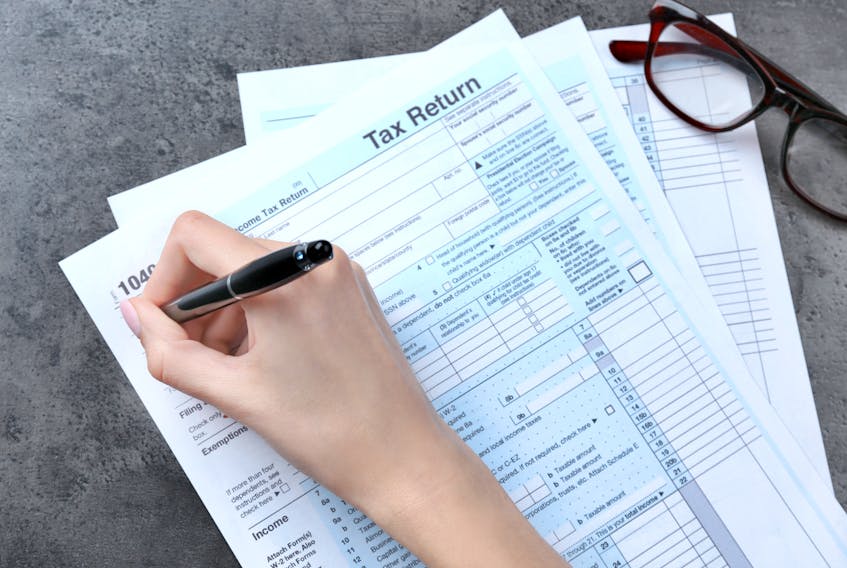Hey, let’s talk taxes.
No, not those pesky presidential taxes.
Let’s talk Canadian taxes — income taxes, to be precise — and about Canadians getting back everything they deserve.
The federal throne speech included a small but meaningful line about income tax: “The government will also work to introduce free, automatic tax filing for simple returns to ensure citizens receive the benefits they need.”
The concept is something that’s already being done in other countries: to ensure that people who fail to file tax returns get any of the benefits they might be owed, the Canada Revenue Agency (CRA) would take the data they already have on a taxpayer — everything that’s been filed to the agency by employers, etc. — and use it to prepare a simplified, pre-filled tax return for the 12 per cent or so of Canadians who fail to file in a given year. Several countries are already doing exactly that. The people who receive the pre-filled returns would simply have to sign off that the information was accurate or amend it if they needed to, and receive any refund they were owed.
You could say, “If you can’t be bothered to fill out a return, you shouldn’t get your money back.”
The federal throne speech included a small but meaningful line about income tax: “The government will also work to introduce free, automatic tax filing for simple returns to ensure citizens receive the benefits they need.”
But maybe you’re not able to file; maybe you’re not aware that there may be programs or deductions that you can avail of. Maybe you’ve been unable to track down documentation. Heck, maybe there was a fire in your apartment complex and all your paper is a sodden mess, yet the federal government has all the tax money that’s been remitted in your name by your employer.
But think of it this way: you’re walking down the street and you find an envelope full of money. It’s pretty clear whoever has lost the money is going to be affected by that loss. No one sees you pick the envelope up, no one sees you look inside.
You take it home, and over the next few days, there’s no public discussion of lost money. So you decide to keep it. Well, ethically it’s wrong to keep something that isn’t yours, even if you’ve got no evidence — at least in your little factual vacuum — that they’ve been out looking for their lost money. They might be — they might not be. The money still isn’t yours.
Now, your personal ethics are your personal ethics. If you keep the money, you’re only answerable to your conscience.
But the federal government has enough information to not only know if they are holding money that should go back to its owner, they actually know who that owner is and often where they live, and often how to reach them. (And, given that the 12 per cent who don’t file income tax returns are more likely to be either on employment or homeless, they probably need the money, too.)
To go back to the envelope of money: even if you knew who it belonged to, you might end up keeping it, simply because you have the morals of a snake.
Government agencies shouldn’t have the morals of a snake — just as everyone should pay the taxes they owe, everyone should be able to get back any extra money the federal government happens to be holding but does not deserve to keep.
The CRA has the tools already; it’s only fair that they use them ethically and fairly, so that people who are at the bottom of the tax ladder don’t end up paying more than what the tax laws say is their fair share.
Russell Wangersky’s column appears in SaltWire newspapers and websites across Atlantic Canada. He can be reached at [email protected] — Twitter: @wangersky.









